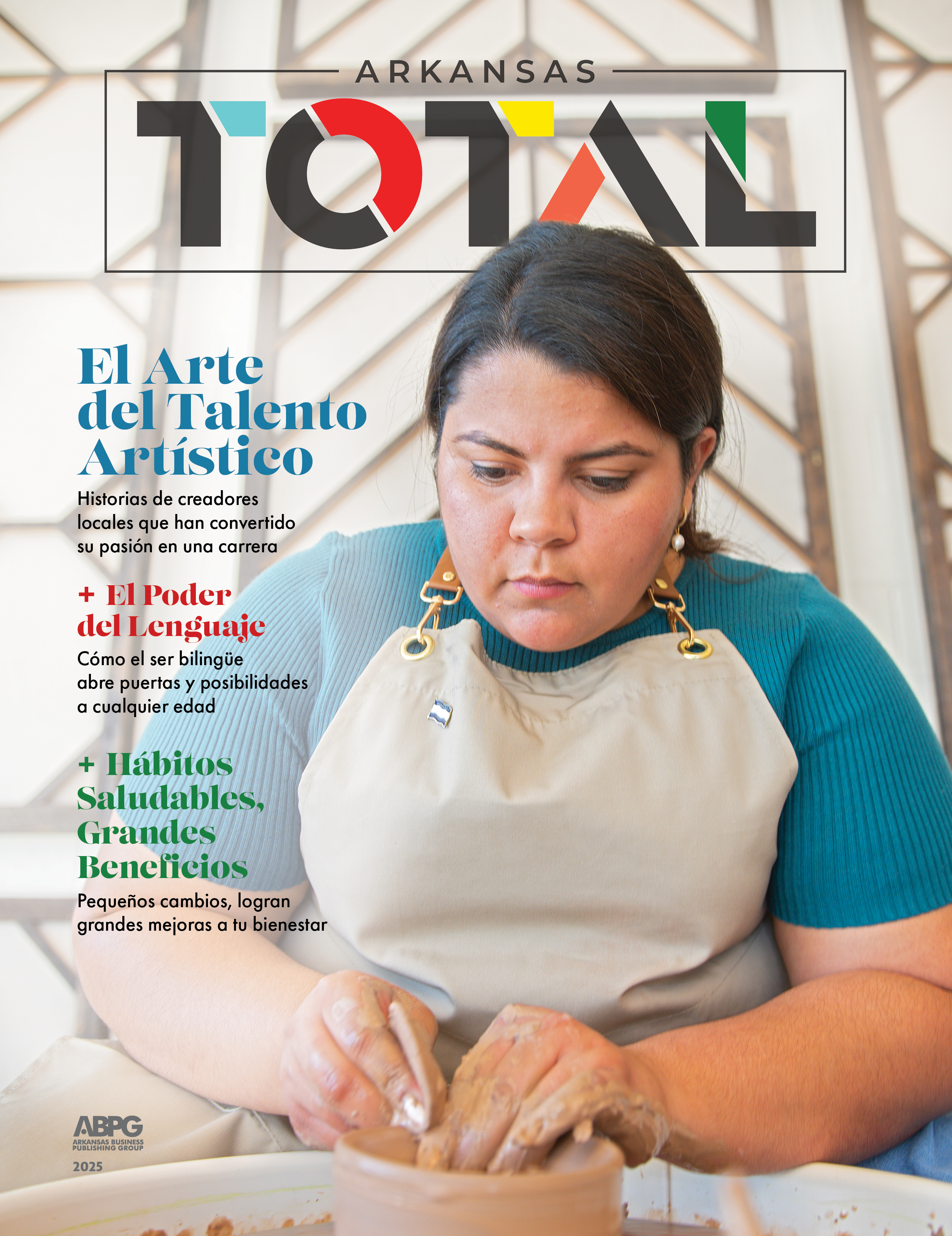A Door to Legalization for Young Victims

También puedes leer este artículo en español, Una Puerta a la Legalización de Jóvenes Víctimas.
The Southern Border is boiling. The number of people arrested trying to enter the United States increases. Stories appear on television and newspapers.
The truth is not that simple.
Between 2010 and 2019 the undocumented population fell from 11,725,000 to 10,350,000 according to the Center for Migration Studies. For those who are still here, there is only hope.
Those hopes are too often based on misconceptions. For example, the idea that after being in the country for 10 years you can apply for legal status. "Unfortunately, that is not the case," says immigration attorney and activist Steven Coger of the Arkansas Immigrant Center in Springdale.
An undocumented immigrant who has spent 10 years in the United States can still be arrested and deported, even with a spouse and children that are U.S. citizens.
Immigrants should be very well informed about immigration laws and their changes, says Coger.
Coger focuses on assisting undocumented youth. Many of them can apply to the DACA program (Deferral Action for Childhood Arrivals) created in 2012 by President Barack Obama to benefit certain young people brought undocumented as children. Coger says there are youth programs with better benefits than DACA.
These programs are for youth who have experienced neglect and abuse. Applying for those benefits involves going to state court and testifying about the neglect and abuse. Before doing so, you should approach a lawyer who knows about these laws and "bring the facts to light," Coger says.
"The court must determine that reunification with the abusive parent is not possible, and it is not advisable to send the victim back to their country of origin.
If the application is accepted, the young person automatically receives benefits such as Medicaid. This is vital.
"Many have not had a chance to go to the dentist or the doctor and this is something that can be life changing for many of them; it is literally a matter of life and death," Coger said.
The waiting list for resolution of these cases can be up to three years. “Many of the young people have been victims of gang violence, others have been attacked by their parents,” Coger said. He recently attended the citizenship ceremony of one of the victimized youths whose application he processed.
In many cases, young people were victims of gang attacks in their home countries and that forced them to leave. Violence that occurred outside the United States can be alleged as a justification for requesting these benefits, but the allegations must be proven before a judge.
In the state, the Arkansas Immigrant Center is the only one to offer this paperwork, Coger said.
There is also the U visa which is for victims of crimes committed in the United States or against American laws.
The person requesting it must have suffered physical or mental harm and must have information about illegal activity.
One of the advantages of the U visa is that a work permit application can be submitted with the initial paperwork. The downside is that beneficiaries cannot claim legal status for the parent innocent of the abuse.
"It's something we must change," Coger says.

